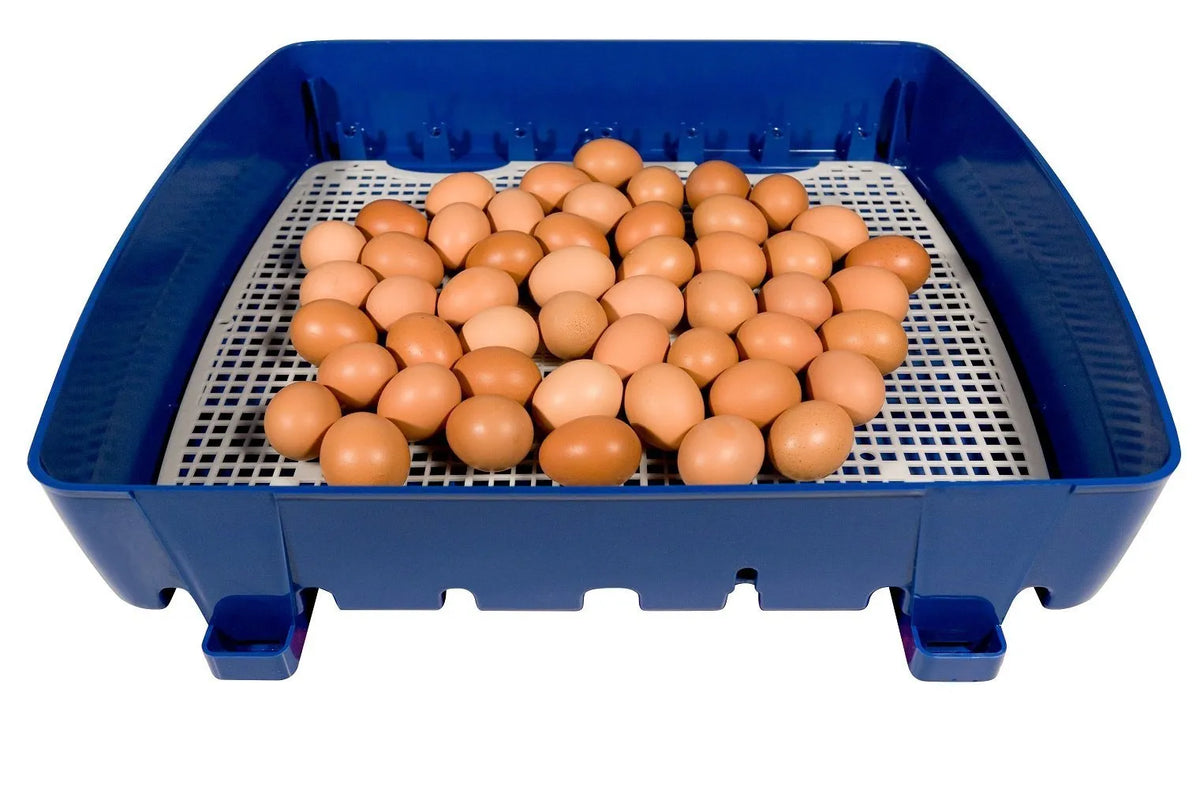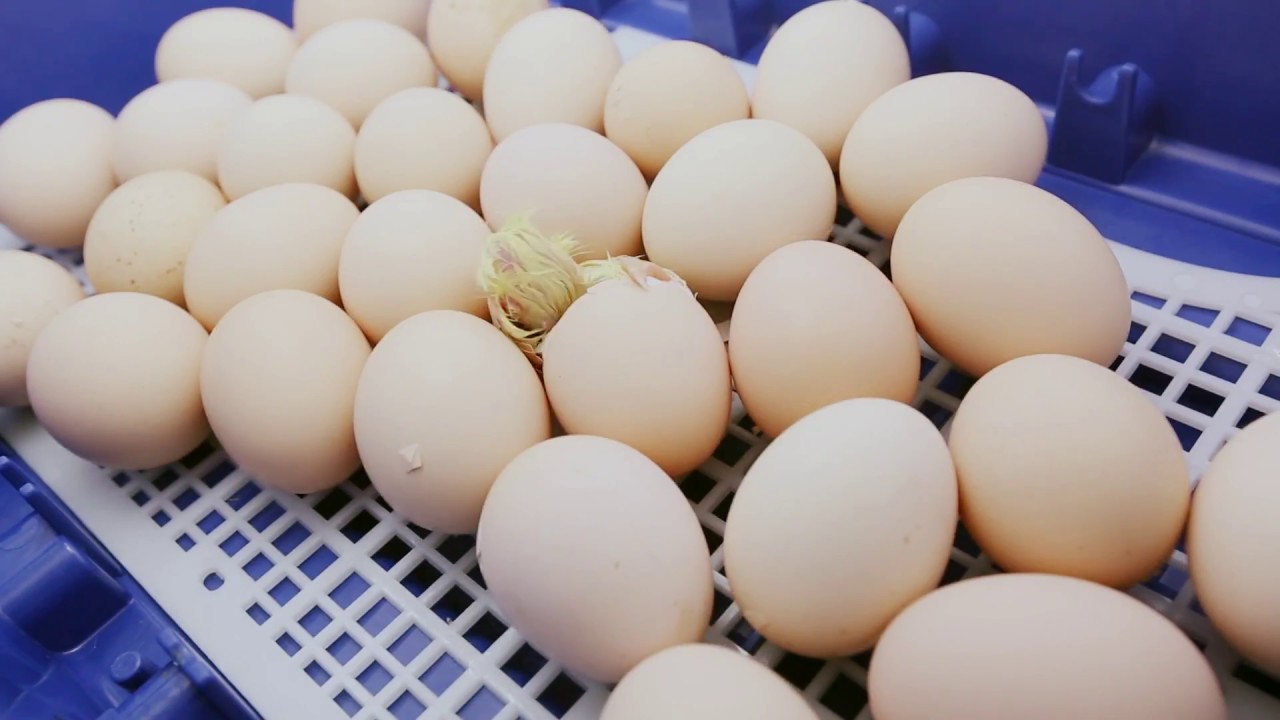If you’re a chicken enthusiast or a backyard farmer, you know the importance of maintaining the right environment for hatching eggs. One of the critical components in this process is the incubator temperature alarms. These alarms ensure that your precious eggs are incubated under the optimal conditions, preventing any potential hatching disasters. In this article, we’ll dive deeply into the world of incubator temperature alarms, exploring their significance, how they work, and why they are indispensable for successful egg incubation.

Why Temperature Alarms Are Crucial
Hatching eggs is a delicate process, requiring precise conditions to ensure the healthy development of embryos. One of the most significant factors in this process is temperature. Even a slight fluctuation can have adverse effects on the eggs. This is where temperature alarms come into play. They alert you when the temperature deviates from the desired range, allowing you to take corrective measures immediately. For more insights on maintaining the right conditions, check out this guide.
Understanding Incubator Temperature Alarms
What Are Temperature Alarms?
Temperature alarms are devices integrated into incubators to monitor and alert users of any temperature changes. These alarms can be sound-based, light-based, or even connected to your smartphone for remote monitoring. By ensuring consistent temperatures, they play an essential role in the success of hatching eggs.
How Do They Work?
The core function of a temperature alarm is to constantly monitor the incubator’s temperature. If the temperature goes above or below the set threshold, the alarm is triggered. This immediate alert allows you to adjust the incubator settings, ensuring the eggs remain within the optimal temperature range. For troubleshooting tips on incubators, visit this resource.
Key Features of Reliable Temperature Alarms
Accuracy and Sensitivity
A good temperature alarm must be highly accurate and sensitive to even the smallest temperature changes. This ensures that you are promptly informed of any deviations, allowing for quick corrective action.
Connectivity Options
Modern temperature alarms offer connectivity options such as Wi-Fi or Bluetooth, enabling remote monitoring. This feature is particularly beneficial for those who cannot constantly monitor their incubators in person.
Customizable Alerts
Having customizable alerts means you can set specific temperature ranges and choose how you’d like to be notified, be it through sound, light, or smartphone notifications.
Choosing the Right Temperature Alarm
Consider Your Incubator Type
Different incubators have varying requirements. It’s essential to choose an alarm that is compatible with your specific incubator type, whether it’s a cabinet, tabletop, or commercial incubator.
Budget and Brand
While budget is a consideration, it’s crucial to invest in a reputable brand known for reliability and durability in temperature alarms. A well-known brand often offers better customer support and warranty options.
Benefits of Using Temperature Alarms
Increased Hatch Rate
With precise temperature monitoring, the likelihood of successful hatching is significantly increased. Alarms help maintain the perfect environment for embryo development, improving hatch rates.
Peace of Mind
Knowing that your incubator has a reliable temperature alarm offers peace of mind. You can rest assured that you’ll be alerted of any issues promptly, reducing the risk of losing an entire batch of eggs.
Real-Life Experiences with Temperature Alarms
Many chicken enthusiasts have shared their success stories with temperature alarms. For instance, a farmer from Texas reported a 20% increase in hatch rates after installing a high-quality alarm system. Such testimonials highlight the importance and effectiveness of these devices.
Common Challenges and Solutions
While temperature alarms are highly beneficial, users may face challenges such as false alarms or connectivity issues. Regular maintenance and choosing a well-reviewed product can mitigate these problems. For more tips, check out this article.

FAQs on Incubator Temperature Alarms
How often should I check my temperature alarm?
It’s recommended to check your temperature alarm daily to ensure it’s functioning correctly and the battery is charged if applicable.
What should I do if my alarm goes off frequently?
Frequent alarms may indicate an underlying issue with your incubator or settings. Consider consulting a professional or referring to a troubleshooting guide.
Can I use an alarm with any incubator?
While most alarms are versatile, it’s essential to ensure compatibility with your specific incubator model for optimal performance. For more compatibility tips, visit this link.
This article contains affiliate links. We may earn a commission at no extra cost to you.











